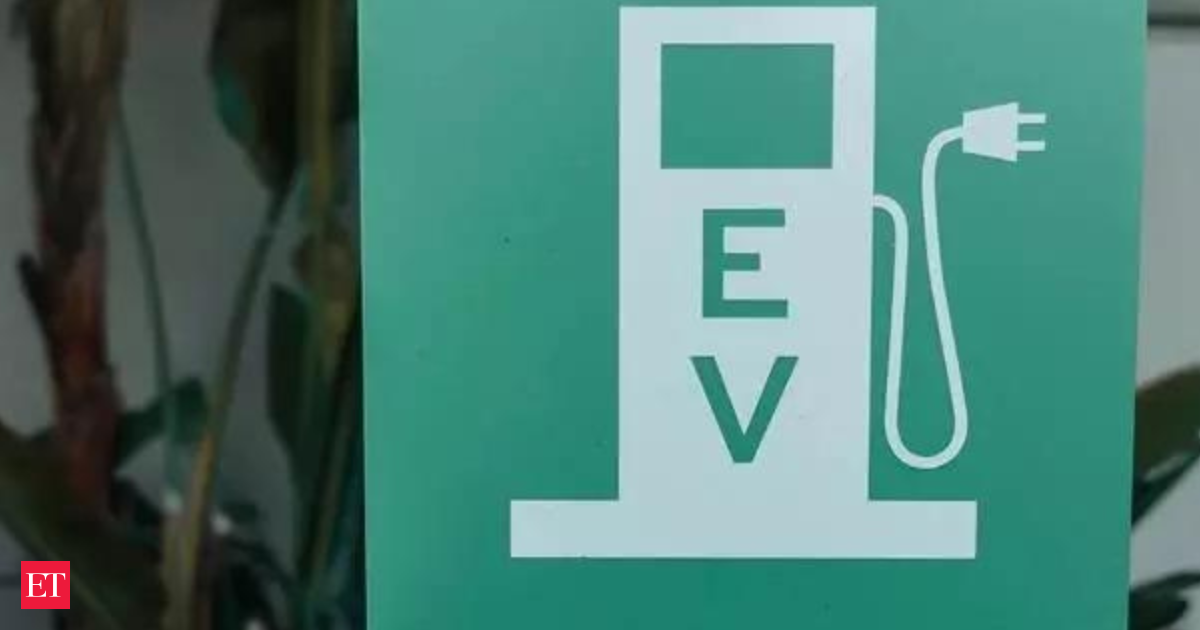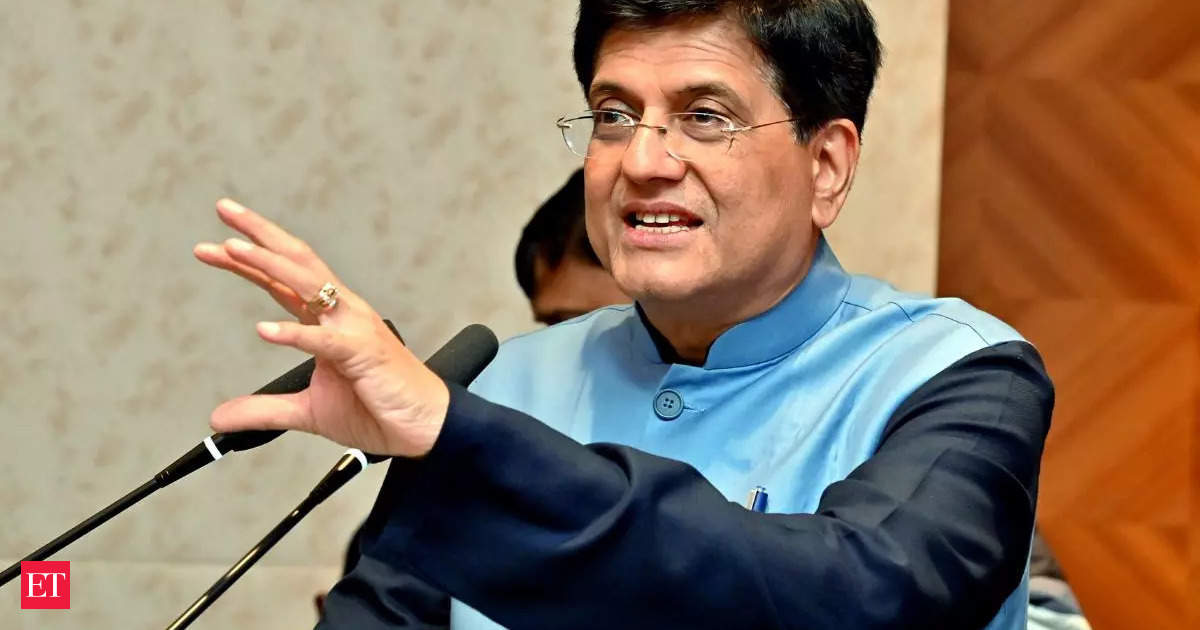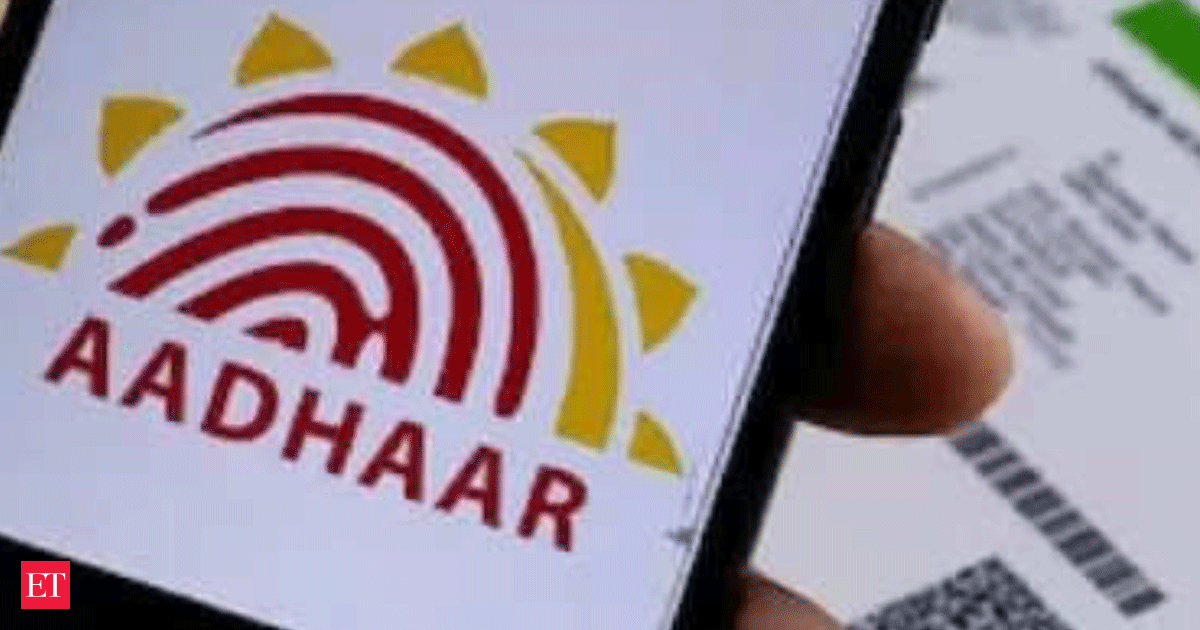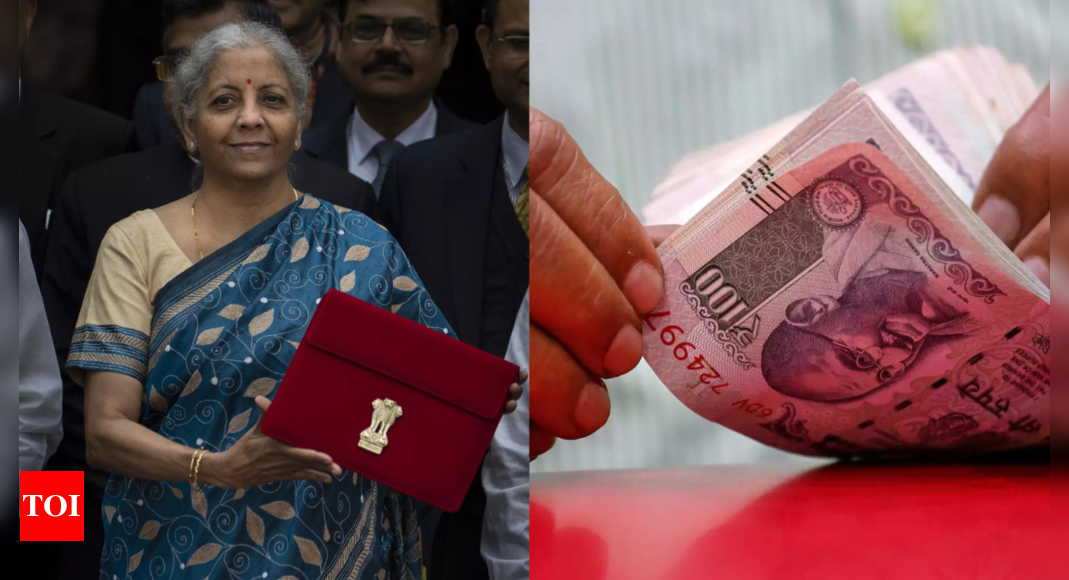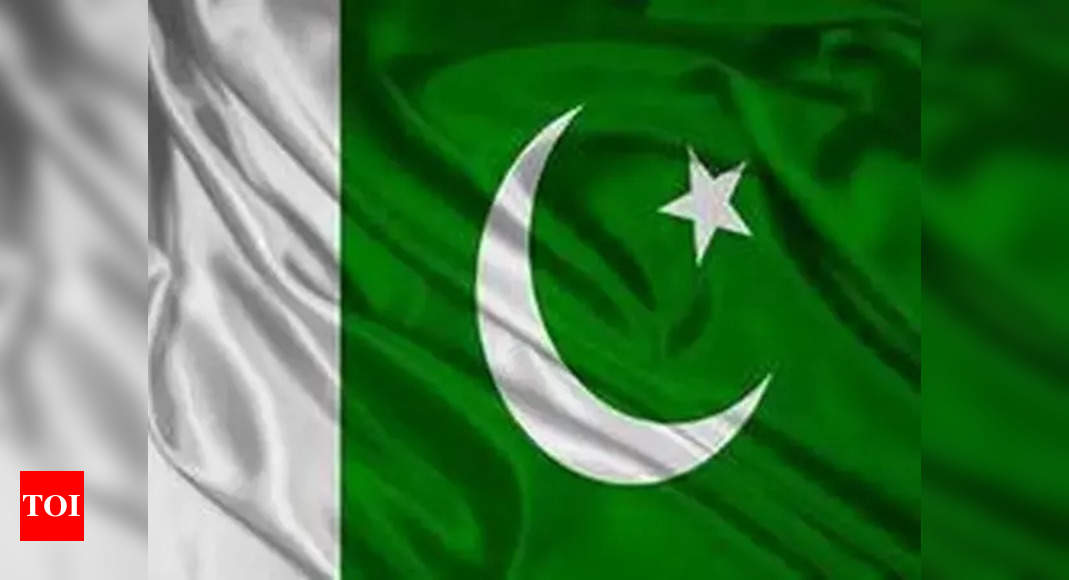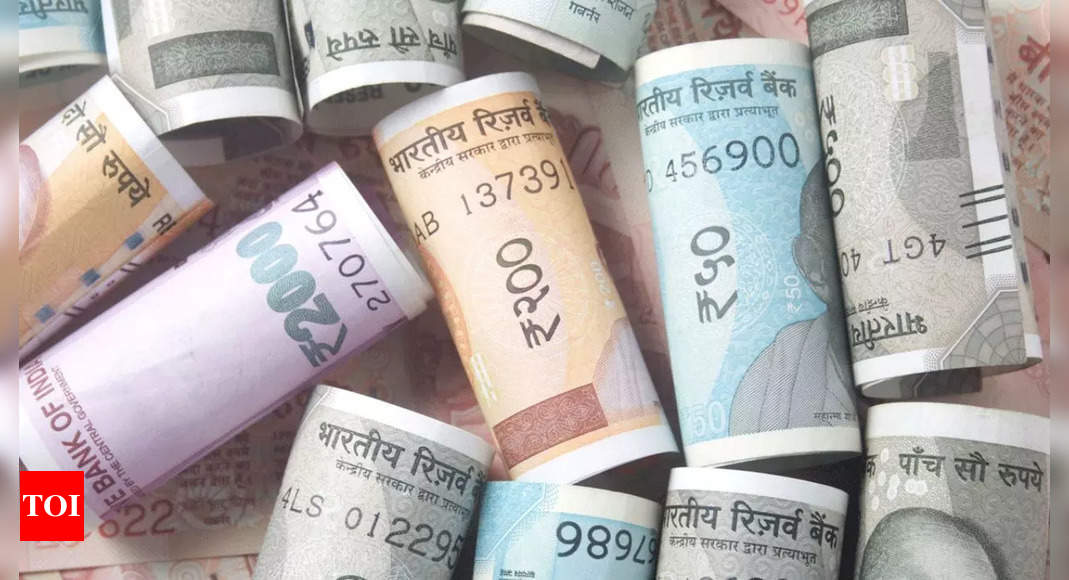The government of India has introduced a new scheme to promote electric vehicles in the country. The scheme, implemented by the Ministry of Heavy Industries, came into effect on April 1. It replaces the previous Faster Adoption and Manufacturing of Electric Vehicles in India (FAME) scheme, which ended on March 31. The government had announced that subsidies under the new scheme would be applicable for e-vehicles sold until March 31.
India criticizes developed nations in the WTO for not taking sufficient action on development issues despite making promises. The country emphasizes the need for flexibility in rules to support infant and young industries. India also objects to discussing new issues without addressing past decisions.
The Unique Identification Authority of India (UIDAI) has clarified that no Aadhaar numbers have been cancelled and announced that they are addressing the grievances of Aadhaar number holders. This clarification came after West Bengal Chief Minister Mamata Banerjee alleged that the BJP government deactivated Aadhaar cards in the state.
India aims to address the high cost of remittances and push for reduced charges at the WTO meet. It also seeks to emphasize telemedicine and building a pool of healthcare professionals for pandemics and natural disasters. However, there is a lack of consensus in critical areas such as agriculture, dispute settlement system, and fisheries agreement. India insists on finalizing the plan to rework the cap on procurement spending, while other nations want to defer the decision.
The interim budget has laid the ground for cheaper home loans and lower interest rates in general, according to lenders. The lower fiscal deficit has meant borrowing is almost Rs 1 lakh crore lower than expected. The Centre is seen as having put subtle pressure on RBI to boost liquidity and soften interest rates. Financiers are also expecting home loans to get cheaper because of the two affordable housing schemes the government announced.
The Interim Budget 2024 is expected to prioritize infrastructure development and address the budget gap, ahead of the general election. The government plans to double the annual payout to female farmers in order to attract women voters. Additionally, major subsidies will be kept in check, and the free foodgrain programme will be extended.
Pakistan faced a severe economic crisis in 2023, leading to increased poverty, inflation, and unemployment. Human Rights Watch (HRW) reviewed the country’s human rights practices and highlighted the impact of IMF-imposed austerity measures. The report also addresses climate vulnerabilities, media censorship, threats to NGOs, and the persistent issue of violence against women in Pakistan.
The CPI in Puducherry has called for providing electricity to consumers at subsidised rates in order to alleviate the burden of another round of tariff revision proposed by the Puducherry Electricity Department. A CPI leader suggested that the government should consider subsidies for electricity, similar to LPG subsidies, to mitigate the hardships faced by the common man.
A Reserve Bank of India report on state finances advises against reverting to the old pension scheme, arguing it will limit growth and add to fiscal burden. The report suggests that states should avoid providing non-merit goods and services and subsidies. The report also recommends increasing tax revenue by states through measures like higher stamp duty and registration fees.

